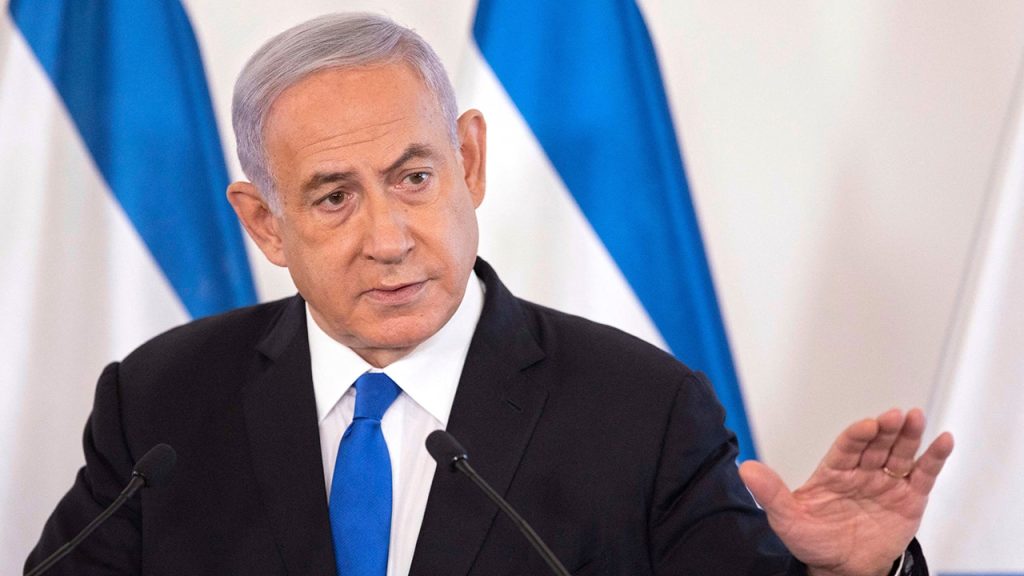Political tensions within the Israeli government have intensified as a top political rival of Prime Minister Benjamin Netanyahu issued an ultimatum regarding the country’s Gaza strategy. Knesset member Benny Gantz threatened to resign from Netanyahu’s war cabinet if a plan for ending the war in Gaza was not presented by June 8. Gantz proposed a plan that would involve Israel taking over security for a demilitarized Gaza Strip, with an interim Palestinian and international government handling civil issues in the region. This ultimatum highlights the growing discord within the Israeli government over the ongoing conflict in Gaza.
With just three members in Netanyahu’s war cabinet, including Defense Minister Yoav Gallant, Gantz’s threat to resign carries significant weight. Gallant had previously criticized Netanyahu for lacking meaningful plans for a postwar Gaza, warning that Israel could be left with the option of either enforcing a long-term military occupation or returning the region to Hamas control after the war. This internal strife within the Israeli government reflects the complexity and challenges of finding a resolution to the conflict in Gaza.
The Biden administration has also weighed in on the situation, with National Security Adviser Jake Sullivan urging Netanyahu to develop a plan for a post-war Gaza. President Biden has been openly critical of Israel’s strategy in Gaza, with reports suggesting that military aid could be withheld if Netanyahu moves forward with an invasion of Rafah, believed to be the final Hamas stronghold. Despite the external pressure and internal dissent, Netanyahu has remained steadfast in his commitment to prosecuting the war against Hamas, emphasizing the necessity of military victory.
Netanyahu has dismissed criticism and calls for a post-war plan, asserting that there is no alternative to military victory in the conflict with Hamas. He has rejected suggestions that a diplomatic or political solution could be pursued, arguing that such approaches are detached from reality. While the Biden administration and political rivals within Israel advocate for a more comprehensive plan for Gaza, Netanyahu is focused on military operations and maintaining pressure on Hamas. This divergence in approaches reflects the differing priorities and perspectives within the Israeli government and its relationships with external partners.
As tensions escalate, Israel has increased troop deployments around Rafah, but has thus far only conducted limited operations in the area. The threat of military intervention in Rafah, along with the ongoing conflict in Gaza, has heightened concerns about the potential for further violence and instability in the region. The delicate balance between military operations, political strategies, and international pressure underscores the complexity of the situation and the challenges facing Israel in finding a resolution to the conflict in Gaza. The ultimatum issued by Gantz and the broader political dynamics within the Israeli government suggest that the path to peace remains uncertain and fraught with challenges.


